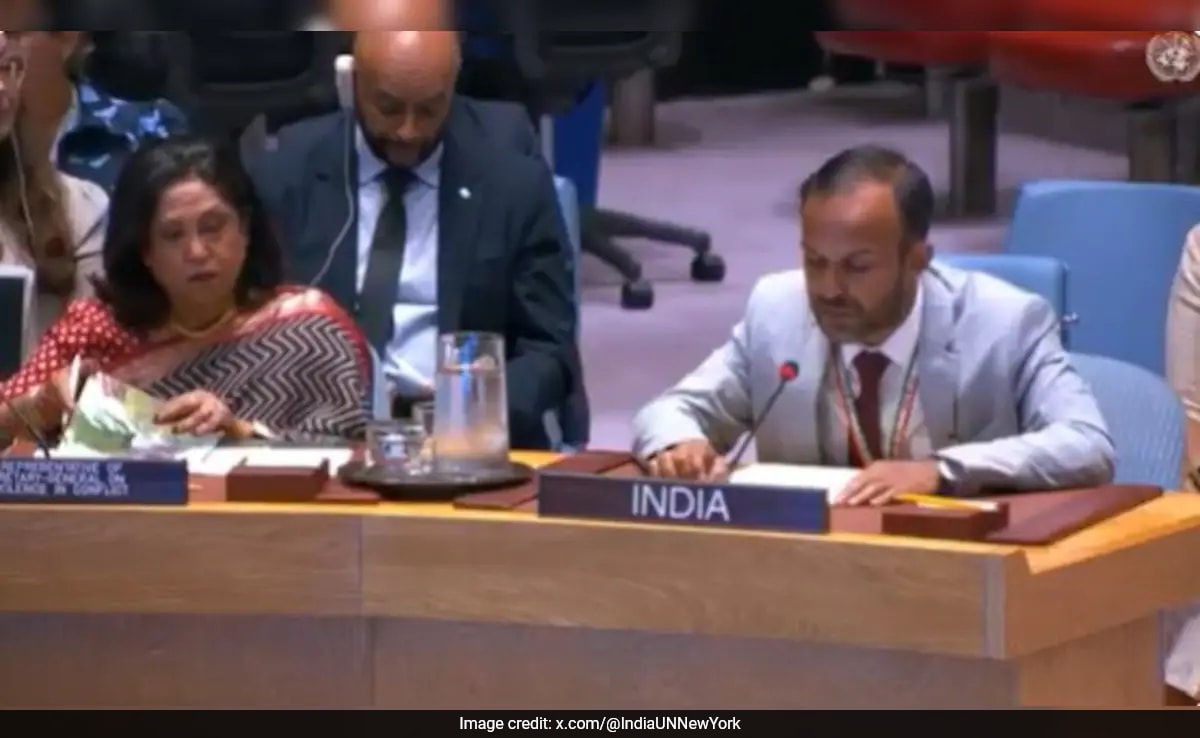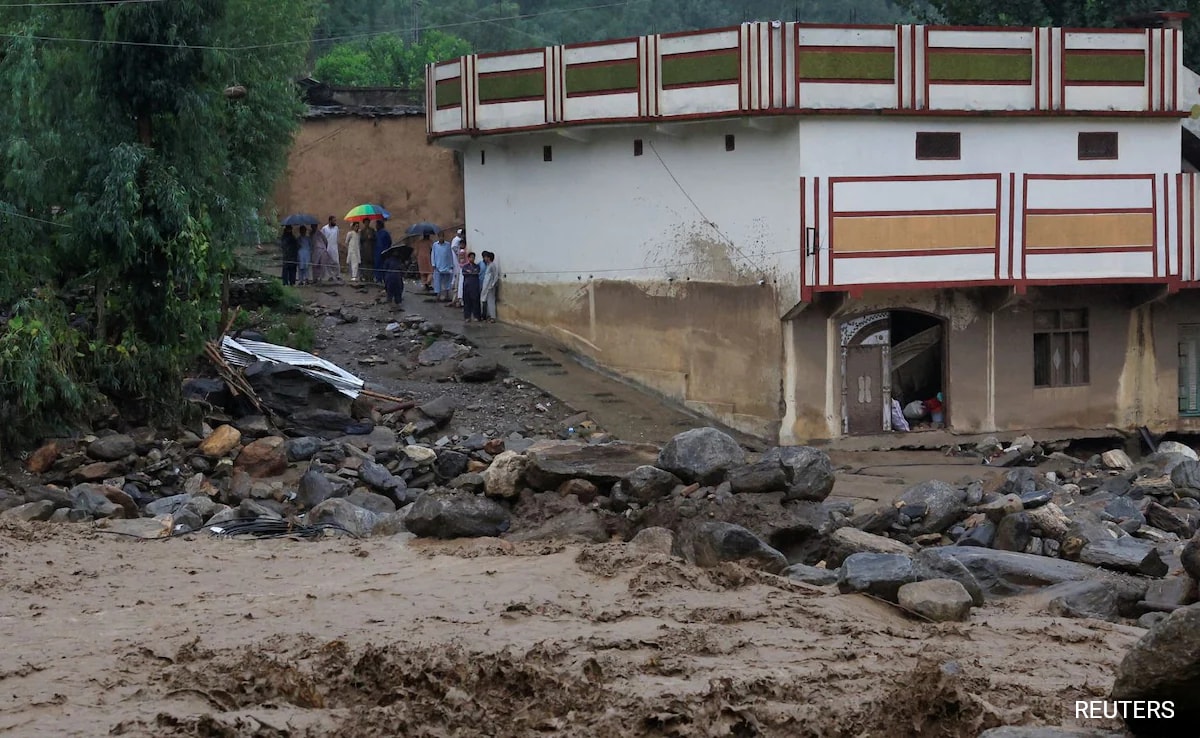Hereâs what to know
âWe were afraid. But at least, we demanded our rights,â said Karima Shujazada, a 26-year old protester in Mazar-e Sharif, who helped organize a march to the provincial governorâs office and around the city. The deputy governor came out to assure them that the Taliban would respect womenâs rights, she said.
âI talked to him about all of our achievements over the two decades, but the more I talked to him, the more he told me to stay a bit far from him,â said Shujazada.
The women carried placards with messages like âWe want political participation at all levelsâ and decrying gender segregation.
Womenâs rights protests have taken place in recent days in Herat and Kabul, the capital. Women also took to the streets of Zaranj, near the border with Iran, demanding respect for civil liberties. The Taliban on Saturday violently suppressed the Kabul march, though a spokesman for the Islamist militants later told the Guardian they had detained four men who allegedly struck women at that demonstration.
Across Afghanistan, a generation of girls have grown up in a world completely different from the one their parents knew. When it last ruled from 1996 to 2001, the Taliban banned girls from school and women from the workplace. While the Islamist militants have promised to govern more moderately, many remain deeply skeptical of their promises.
As university classes resumed across Afghanistan this week for the first time since the Taliban takeover, some institutions imposed gender segregation and divided classrooms with curtains or boards.
âI really felt terrible when I entered the class ⦠We are gradually going back to 20 years ago,â a female student at Kabul University told Reuters.
The Talibanâs actions are being closely watched from abroad, with Western governments signaling that the resumption of most aid will be contingent on whether Afghanistanâs new rulers respect basic human rights.
The humanitarian situation in Afghanistan is becoming increasingly dire. A World Health Organization official said Monday that hundreds of medical facilities are at risk of imminent closure because the Western donors who finance them are barred from dealing with the new Taliban government, according to Reuters.
Taliban officials met with the Chinese ambassador to Kabul on Monday, where they discussed issues like humanitarian aid, Tolo News reported. While China is concerned about how the new regime in Kabul will affect its domestic security, Beijing does not tie financial assistance to human rights.
At a news conference that day, Taliban spokesman Zabihullah Mujahid promised women would eventually be âasked to returnâ to their jobs. Mujahid also told reporters that the Taliban would announce an âinclusiveâ new government âwithin days,â although he didnât offer any details.
Ahmad Massoud, the leader of the last pocket of resistance forces in the Panjshir region, on Monday called for a national uprising against the Taliban, decrying what he saw as efforts to repaint the groupâs public image. âThe Taliban has not changed in any way,â he said in a voice message posted on his Facebook page. âIt has become even more brutal, radicalized, hateful, and fanatic.â
The Taliban said on Monday they had seized the mountainous province from forces led by Massoud, the son of the legendary anti-Taliban fighter Ahmad Shah Massoud, and former Afghan vice president, Amrullah Saleh.
A senior resistance official told The Washington Post that âPanjshir has fallen,â though on Twitter, the National Resistance Front of Afghanistan said its forces remained âin all strategic positions across the valley to continue the fight.â Massoudâs whereabouts are unknown, though the resistance has said he is safe.
Amid the uncertainty, U.S. officials are under pressure to find ways to help evacuate remaining American citizens and at-risk Afghans from the country. With Kabulâs airport not yet running international commercial flights, options are limited.
In Mazar-e Sharif, several planes chartered to evacuate people have been unable to leave the country for days amid conflicting accounts on why they are being held up.
An Afghan official at the airport told the Associated Press that those seeking to leave were Afghans, many of whom did not have passports or visas. But Sen. Richard Blumenthal (D-CT) said that at least two planes were waiting in the city to take American citizens, at-risk Afghan allies, and their families to safety in Qatar.
âI have been deeply frustrated, even furious, at our governmentâs delay and inaction. There will be plenty of time to seek accountability for the inexcusable bureaucratic red tape that stranded so many of our Afghan allies,â said Blumenthal, a member of the Senate Armed Services Committee, in a statement.
The State Department helped four U.S. citizens leave Afghanistan over ground on Monday, a senior department official said, marking the first overland evacuation it has facilitated since the U.S. military withdrew from Afghanistan last week.
In a separate statement, a State Department spokeswoman highlighted the barriers to evacuations given the U.S. no longer has personnel on the ground, and doesnât control the airspace. However, the Biden administration will âhold the Taliban to its pledge to let people freely depart Afghanistan,â she added.
.png)











 English (United States) ·
English (United States) ·  Turkish (Turkey) ·
Turkish (Turkey) ·